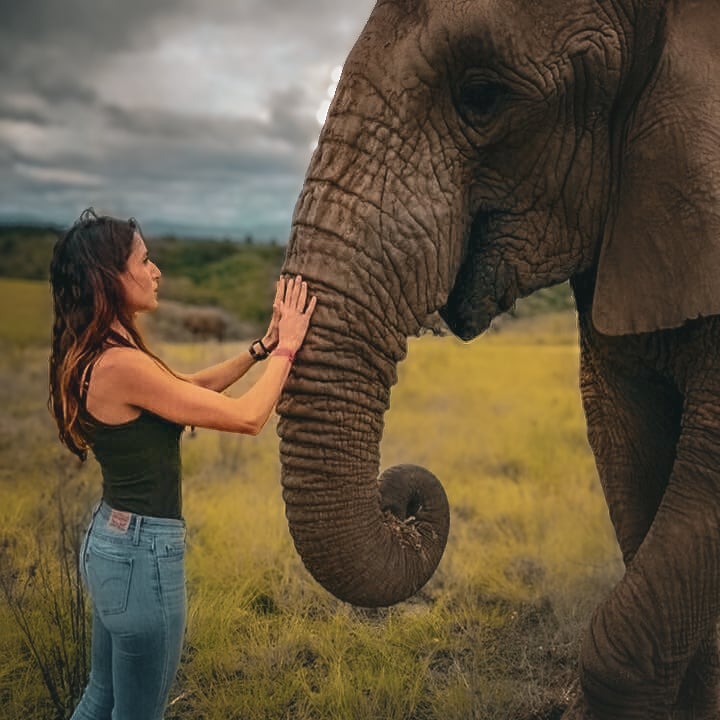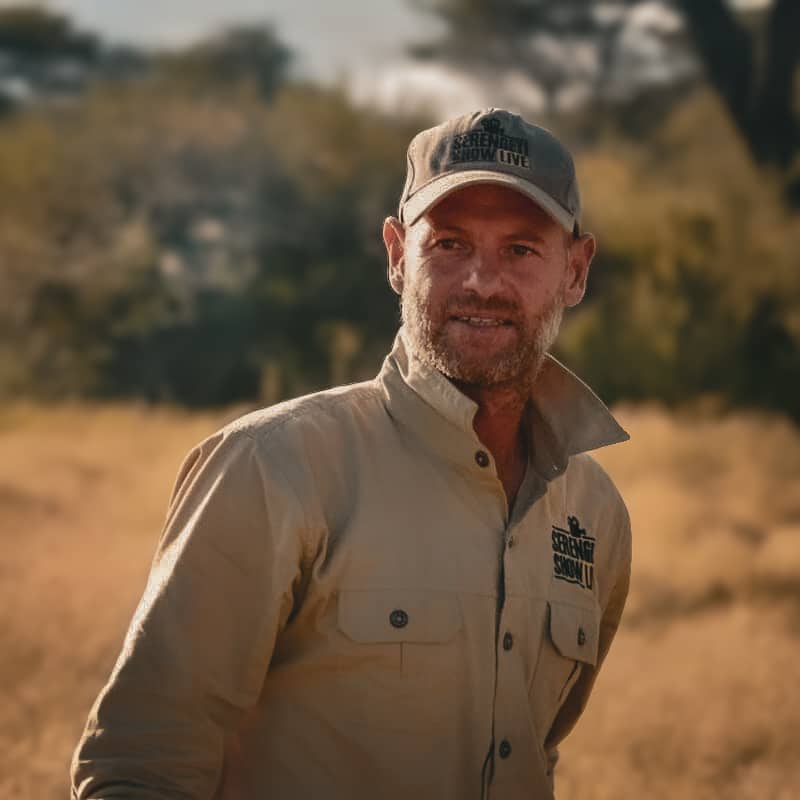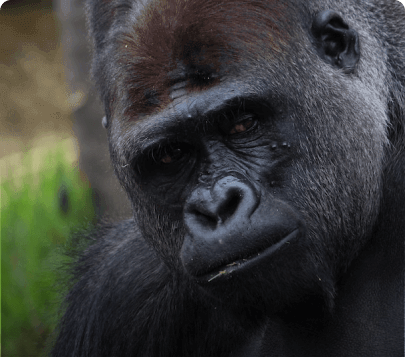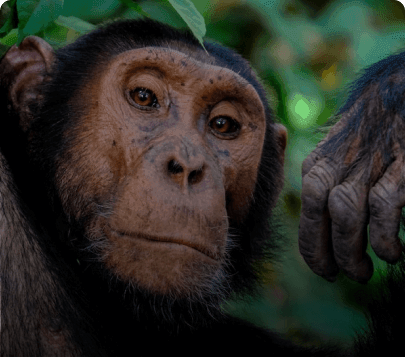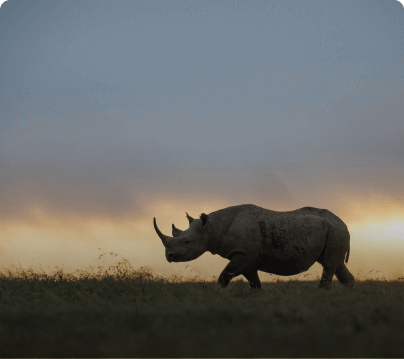Elephant GPS Collaring Project in Tanzania.
Tracking to Protect: A Data-Driven Conservation Approach in Tanzania

Project Objective
Project location: Southeastern Tanzania
Impact: Direct protection of African elephants and their ecosystems
In November 2025, Wild Spirit Foundation will deploy a team of wildlife veterinarians, conservationists, and field experts to southeastern Tanzania to collar three elephants. These satellite GPS collars will provide crucial data on movement patterns, habitat use, and threats, directly aiding conservation strategies, anti-poaching efforts, and human-elephant conflict mitigation.
Since the inception of our conservation efforts, our project has not only mitigated existing conflicts but has also improved the quality of life for local communities and fostered sustainable coexistence between human communities and the region’s diverse wildlife, ultimately enhancing the existence of wild animals and traditional communities.
Why GPS Collaring
01
Real-Time Tracking: Helps conservationists and authorities monitor elephant movements to reduce risks. Allows rangers and anti-poaching units to act preemptively in high-risk areas.:
02
Conflict Prevention: Early-warning systems help communities prepare for elephant movements, reducing crop damage and retaliatory killings. Enables better land-use planning.
03
Anti-Poaching Strategies: Movement data identifies poaching hotspots, allowing rapid intervention. Collared elephants serve as sentinels, providing insights into herd behavior.
The Crisis: African Elephant Population Decline
African elephants (Loxodonta africana) are an iconic but threatened species. As ecosystem engineers, they play a critical role in maintaining the health of savannas and forests. However, their populations have suffered dramatic declines due to poaching, habitat loss, and human-elephant conflict.
70%
Decline in Africa over 5 decades
415,000
Elephants remaining in Africa
+60,000
Elephants in Tanzania (2024)
3rd
Scientific & Conservation Impact
Data-Driven Conservation
Tracking data informs Tanzania’s national elephant conservation strategy and helps researchers identify critical movement corridors to establish protected areas.

Regional Protection: Findings contribute to cross-border elephant conservation efforts, particularly near the Tsavo ecosystem.

Capacity Building: The initiative fosters local capacity-building by training Tanzanian veterinarians, researchers, and rangers

One Health Approach: A comprehensive approach connecting wildlife health, ecosystems, and local communities for sustainable solutions.
We are looking for additional partners, support and sponsors.
Join the Expedition!
For those interested in a more immersive experience and directly supporting our conservation efforts, we invite you to join the Wild Spirit Vet Elephant Collaring Expedition in Tanzania.
This expedition not only offers a unique opportunity to witness conservation work firsthand but also directly funds projects like this.
Acknowledgments / Sponsorships
The Wild Spirit Foundation deeply appreciates the support of all our sponsors and collaborators. Your contribution is vital to the success of our conservation projects and to securing a future for Africa’s wildlife. Every donation, large or small, allows us to continue our crucial work in the field, protecting endangered species and fostering coexistence between humans and wildlife.


